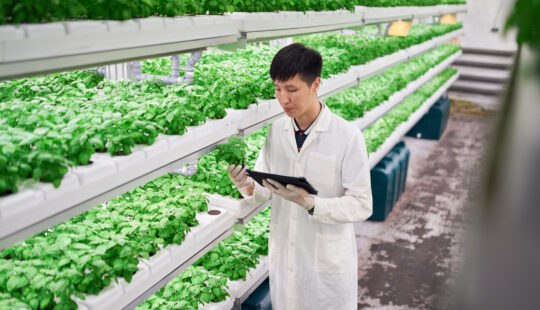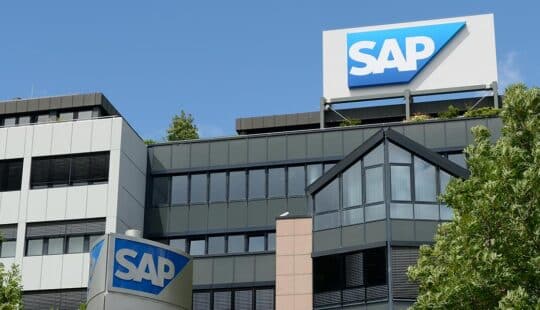We live in a world of unexpected challenges, of the ‘unknown unknowns’ that were once joked about but are now taken incredibly seriously.
The world’s most successful companies are those that are prepared for the things you can’t prepare for.
In other words, they are future-proof.
But what does it mean to be future-proof? And what lessons can those companies who are future-proof teach us about our businesses today?
Lessons in resiliency from Down Under
This is where a new study of Australian businesses may be able to shed some light.
The new SAP research surveying 4,239 organisations, including 329 in Australia, found Australian businesses are better set-up to be resilient than the rest of the world when it comes to major disruptions.
In fact, 70% of businesses in Australia say they have effective plans to respond quickly to incidents like severe weather, geopolitical conflicts, or cyberattacks, compared to 65% of global respondents.
And the key to this resiliency is a focus on people.
Labour and skill shortages are Australian business’ number one risk to growth in the next year (56%), higher the global average of 40%. The next greatest risks include economic volatility (52%), cyberattacks (45%), and supply chain disruption (44%).
Damien Bueno, President and Managing Director, SAP Australia and New Zealand says, “The research establishes a strong link to the resilience of your business and the resilience of your people. This study should act as a wake-up call to organisations across Australia that we have to continue to invest in our people to foster curious cultures that support the exploration of ideas and new thinking that when applied to big data and technology, not only safeguards their businesses but enables future growth.”
AusNet future-proofs its organisation through technology
The research findings are no surprise to Australian energy network business, AusNet, which is using SAP to streamline its HR operations, improve compliance, and drive a better experience for its employees.
In 2022, AusNet identified the need to improve its existing HR processes. In partnership with IBM, AusNet implemented SAP SuccessFactors which has enabled it to standardise its business processes, consolidate employee and manager processes with fewer touchpoints, and leverage real-time employee insights in employee attendance and turnover to drive continuous workforce improvement.
Bernie Repacholi, Head of People Systems & Enablement AusNet says, “We wanted to modernise the employee experience and knew we needed a system that would integrate existing siloed systems across the business into a one stop shop for our employees and leaders.”
“We worked in close partnership with IBM to co-create a solution, underpinned by SAP SuccessFactors, that would simplify how our employees interact with us and drive improved productivity among our teams.”
“By using SAP, we’re now able to future-proof processes when changes in policy or legislation occurs. This supports ongoing compliance and governance, and allows us to focus efforts on initiatives that directly support our people” she added.
While labour and skills shortages were identified as the biggest risk to their future, there’s still more to be done. Forty per cent of Australian organisations noted that they had to address skills shortages to be more responsive to change, far ahead of the global average (30%).
Technology and networks future-proof Australian organisations
The solution is empowering people through technology. Four in ten (40%) businesses say the biggest opportunity for their growth is using intelligent technology to drive decision-making.
“Being able to react quickly to change across your whole organisation is critical to future success. Australia trails the rest of the world when it comes to the flexibility of our business processes. This is where consistent, integrated innovation platforms can bring your whole value chain together to create strong business outcomes,” Bueno added.
That may be why Australian businesses are investing in technology to boost their resiliency. The most important innovations for resiliency are automated business networks (61% vs 55% globally) and cybersecurity (58% vs 50% globally), followed by employee collaboration and experience management software.
Interestingly, despite the global hype, Australian organisations rate AI and machine learning as less important to their future resiliency (36%) compared to the rest of the world (41%).
“While AI is in its nascent stages right now, business AI can help companies predict, prepare, and perform when it comes to responding to rapidly evolving demands. At SAP, we’ve recently built AI into the systems that power the most critical business processes to discover exceptional insights and efficiencies. That helps future-proof your business by bringing together people, innovation, and core business processes,” Bueno concluded.


